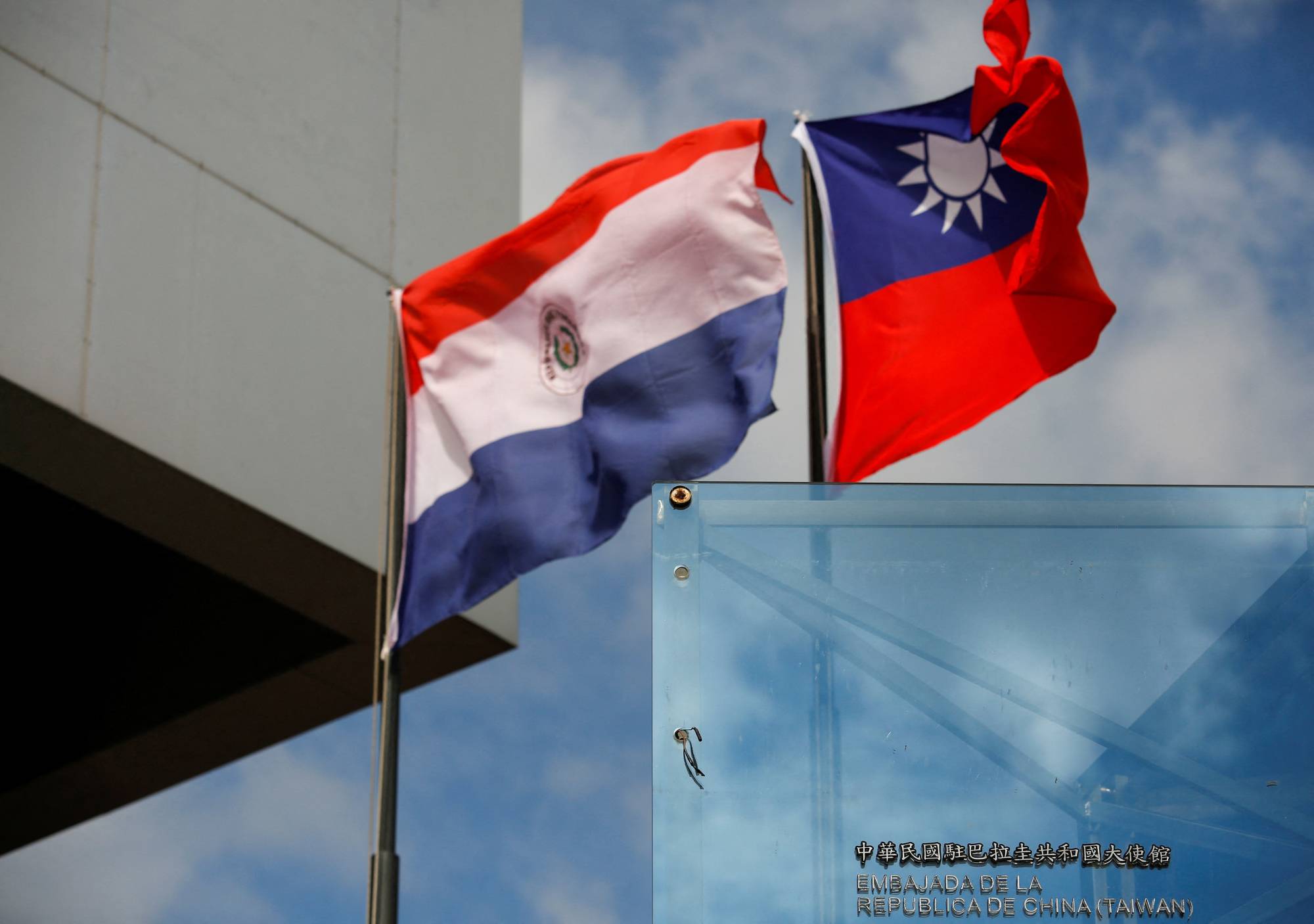The neck-and-neck race to determine Paraguay’s next president has thrown the spotlight on the future of the landlocked South American country’s ties with Taiwan, with China vying to swipe yet another country from the island’s dwindling list of nations that recognize it.
On Sunday, nearly 4.8 million eligible Paraguayans will cast their votes to choose the country’s next president, with the two leading candidates promising to take completely different directions over relations with democratic Taiwan.
Santiago Pena, of the powerhouse conservative Colorado Party, has doubled down on his support for Taiwan, pledging to extend the country's decadeslong support for bilateral ties. However, his rival — Efrain Alegre from the opposition Authentic Radical Liberal Party — has hinted that he is open to revisiting the relationship, and could seek to establish diplomatic ties with Beijing.

















With your current subscription plan you can comment on stories. However, before writing your first comment, please create a display name in the Profile section of your subscriber account page.